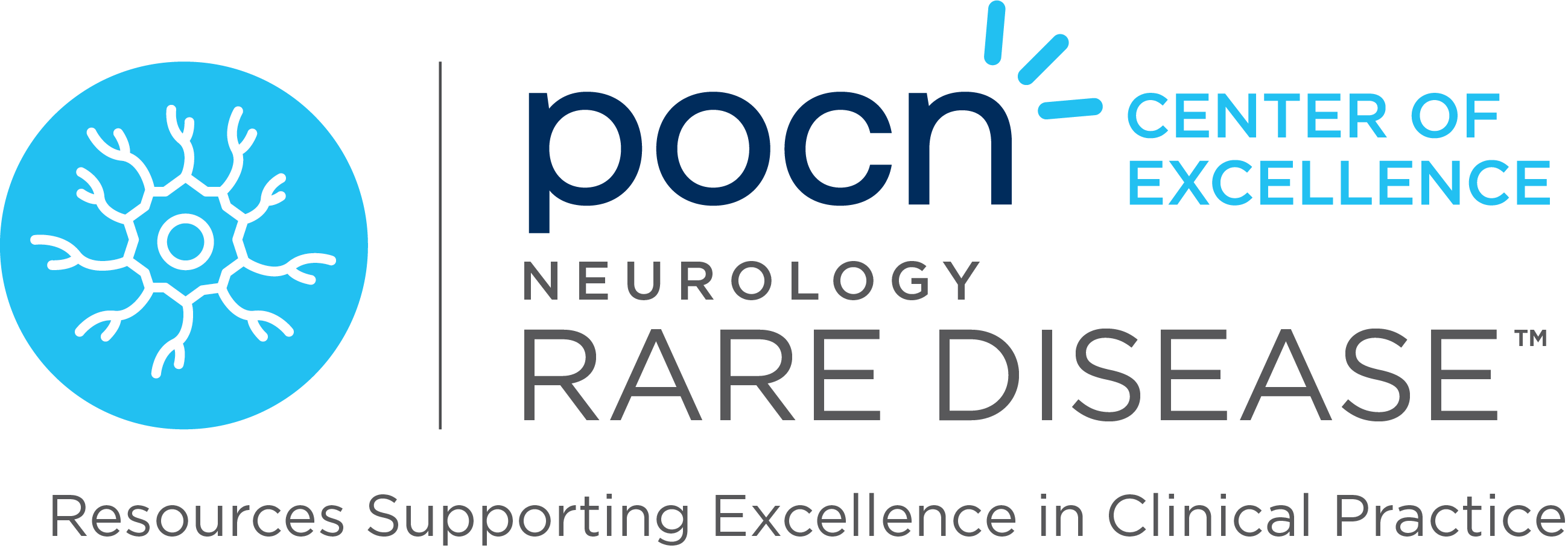Primary progressive aphasias (PPA) are neurodegenerative dementias marked by language impairments and are a significant cause of dementia in younger individuals. Diagnosing PPA is often delayed, and predicting disease progression is challenging due to the variability in language impairments and the lack of reliable biomarkers. The three recognized PPA syndromes—nonfluent/agrammatic variant (nfvPPA), semantic variant (svPPA), and logopenic variant (lvPPA)—each have distinct features. Many patients don’t fit neatly into these categories, and progression rates vary.
To address these challenges, researchers developed the “Primary Progressive Aphasia Progression Planning Aid” (PPA2), a symptom-led staging system. PPA2 integrates insights from clinicians, researchers, and caregivers to map disease progression through six stages, from very mild to profound. It covers a broad spectrum of symptoms, including communication deficits and physical impairments. By identifying key clinical milestones, the PPA2 aims to improve prognostication, care planning, and timely intervention, with the goal of better supporting patients and caregivers throughout the disease course.
Reference: Hardy CJ, Taylor-Rubin C, Taylor B, et al. Symptom-led staging for primary progressive aphasia. medRxiv [Preprint]. 2023 Mar 17:2023.03.13.23286972. doi: 10.1101/2023.03.13.23286972. Update in: Alzheimers Dement. 2024 Jan;20(1):195-210. doi: 10.1002/alz.13415. PMID: 36993460; PMCID: PMC10055437.



